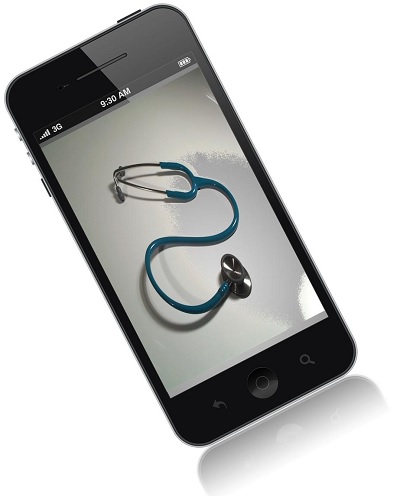A new mobile app could change how patients with mental illnesses are treated and monitored.
A group of scientists from Tel Aviv University and Dr. Uri Nevo, have developed a mobile technology system that may potentially transform psychiatric care because it can detect changes in a patient’s behavioral patterns and can transmit these changes in real time to doctors, which could help doctors to improve how they monitor their patients and provide them with better treatment by enabling clinicians to enhance their efficacy and response times.
The app also gives patients independence from family members, doctors and hospitals.
Being able to facilitate patient observation via a mobile phone enables patience to have greater independence and makes it easier for them to keep track of their behavior. According to Dr. Nevo, “The diagnosis of mental health disease is based only on behavioral patterns.” He added that “In some cases, a patient is discharged from the hospital into a vacuum, with no idea how to monitor his or her new state of mind.”
Dr. Nevo explained that since the vast majority of people own smartphones in this day and age, it made sense to use mobile technology as a way to monitor patterns in daily behavior. He went on to say that how much a person talks, texts, the number of places they visit, when they go to sleep and for how long they sleep, are all signs of mental health and they help to provide clinicians with important insights into their patients, which could help them diagnose a disorder before it becomes “full-blown”.
The new mobile technology was used in two clinical trials.
 Researches carried out two clinical trials and in both trials there were 20 patients with schizoaffective, bipolar, or unipolar/depressive disorders and 20 other healthy participants. All 40 participants had the application installed on their smartphones.
Researches carried out two clinical trials and in both trials there were 20 patients with schizoaffective, bipolar, or unipolar/depressive disorders and 20 other healthy participants. All 40 participants had the application installed on their smartphones.
For six months, the app collected information from the phones of the participants and sent the data to computers that were equipped with advanced algorithms that evaluated the data to find alterations in the participant’s communication, sleep, vocal patterns and mobility. In addition, a visualization system showed a summary of the acquired information to psychiatrists, which provided them with immediate insight into their patient’s behavioral trends.
The psychiatrists that took part in the trials said that the mobile technology system has had a positive effect on how they interact with their patients and gives them a practical and objective view into their patient’s everyday routine. Dr. Nevo commented that they are still a long way off from proving that the application is effective, but that tools such as these are vital for improving psychiatric care.

